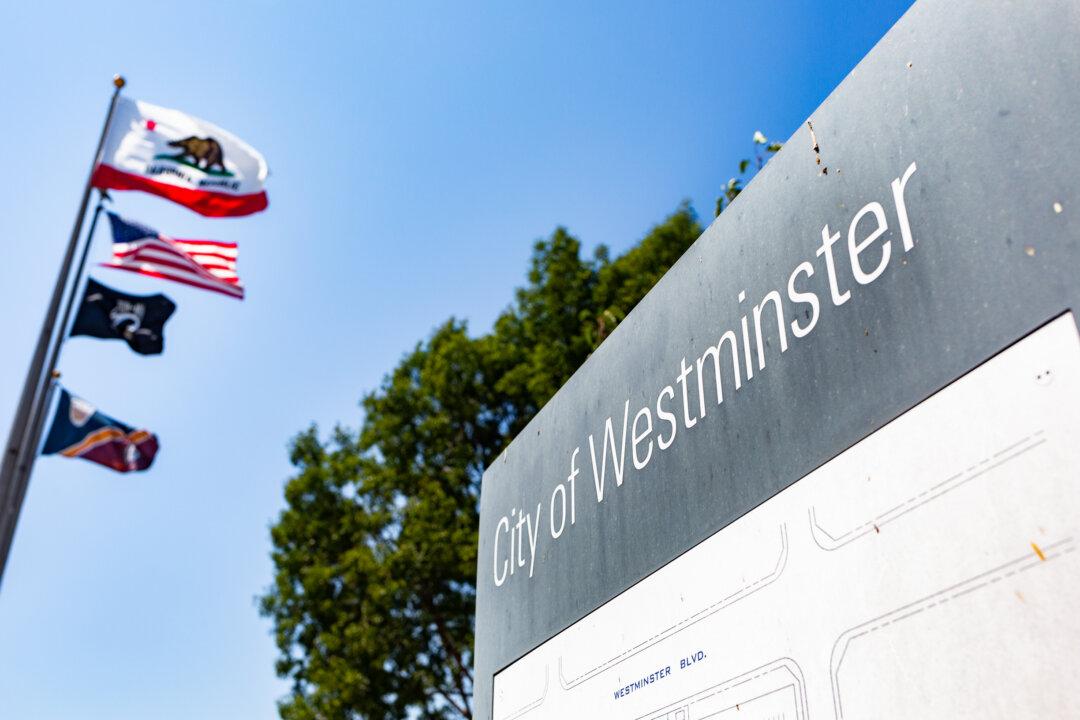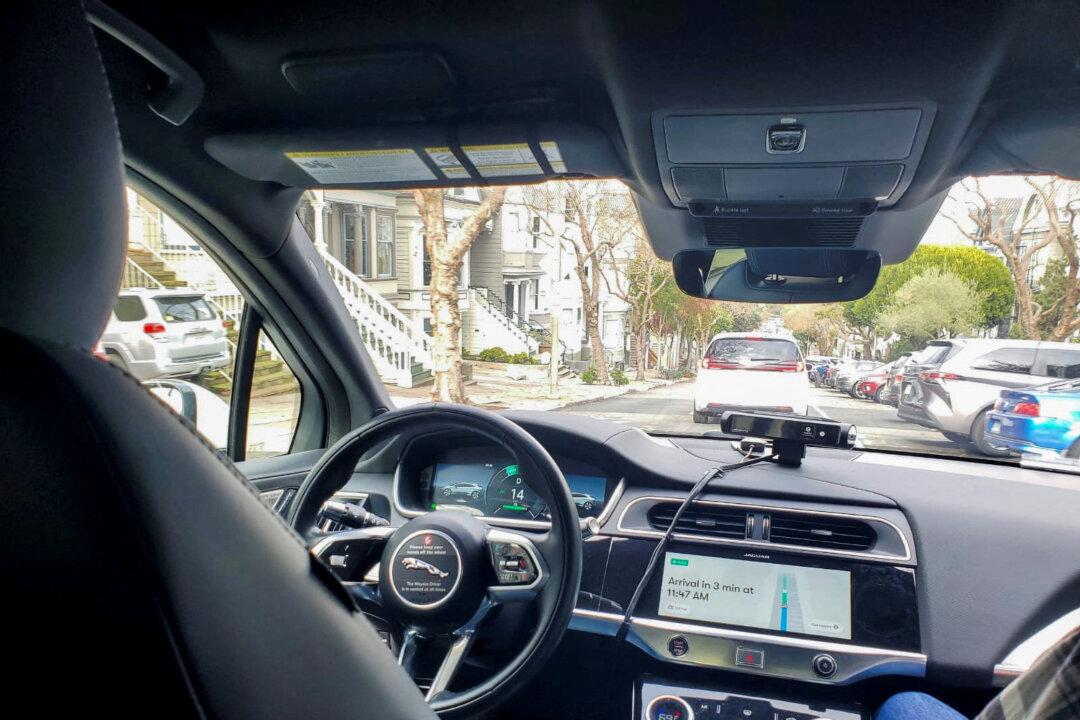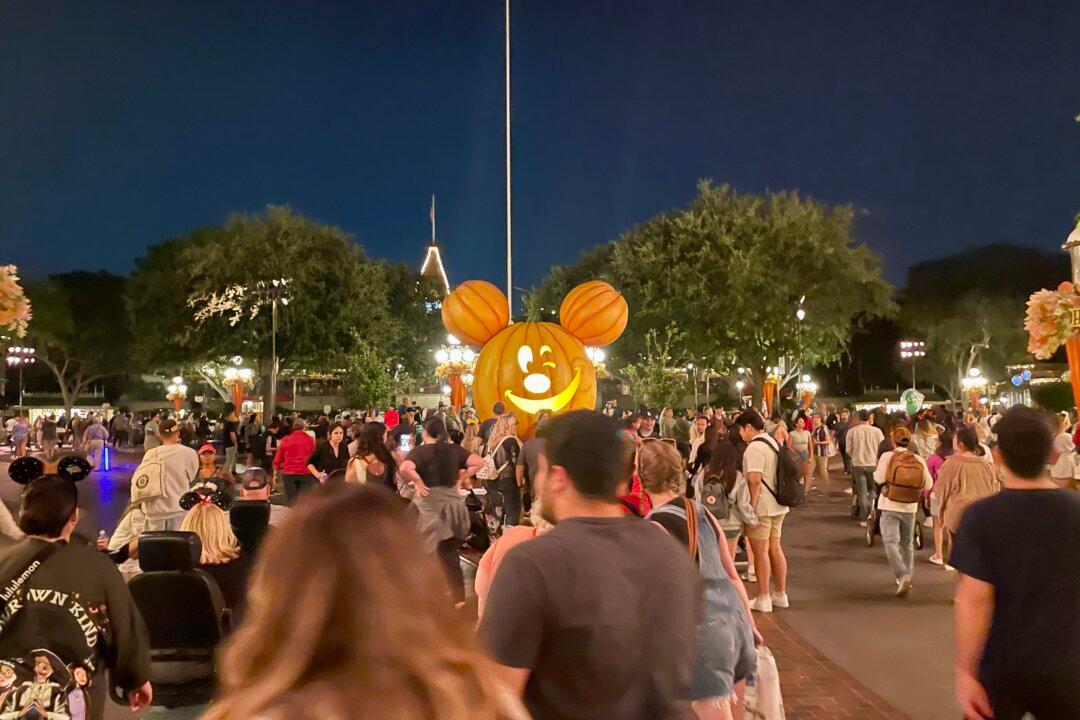WESTMINSTER, Calif.—With the City of Westminster on the verge of bankruptcy and midterm elections approaching, city officials are deciding whether to renew their one-percent city sales tax on the November ballot while searching for alternative revenue-generating options.
Westminster is facing an impending budget deficit of over $17 million, and city councilors need to decide whether to let residents vote to renew the sales tax—which brings in between $12 to $15 million a year—to bridge the gap.




